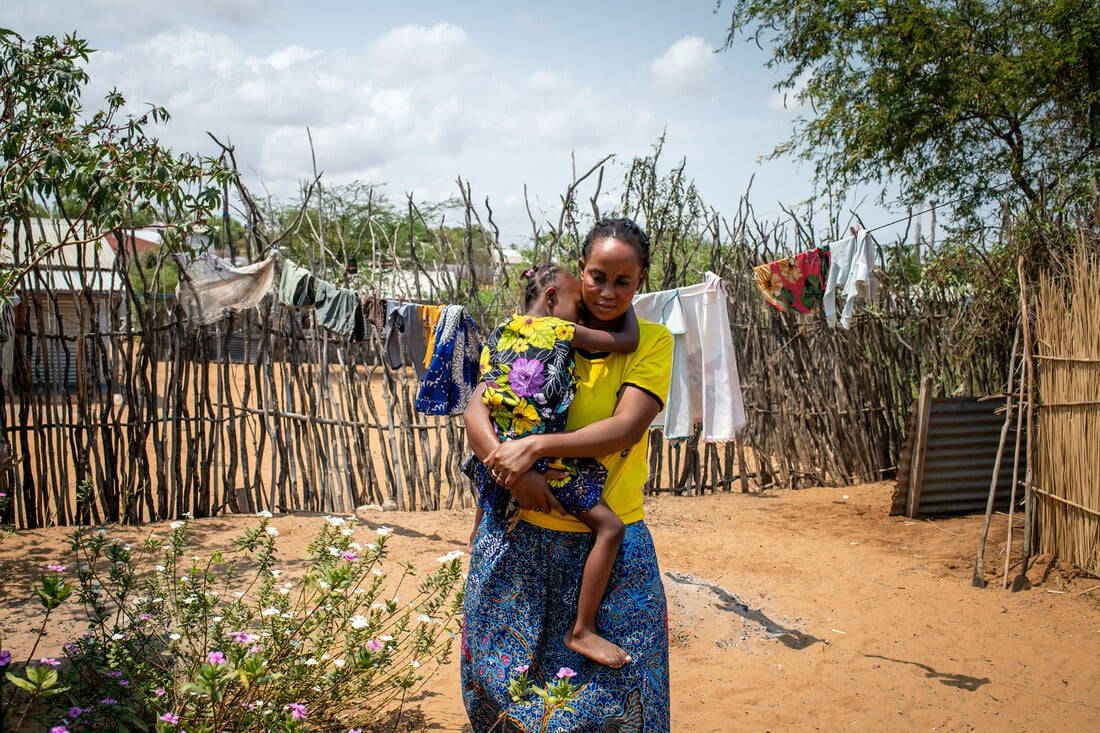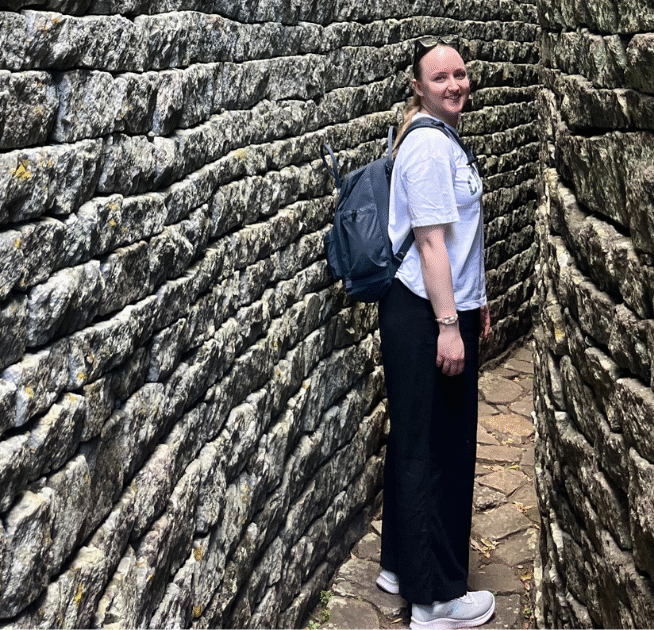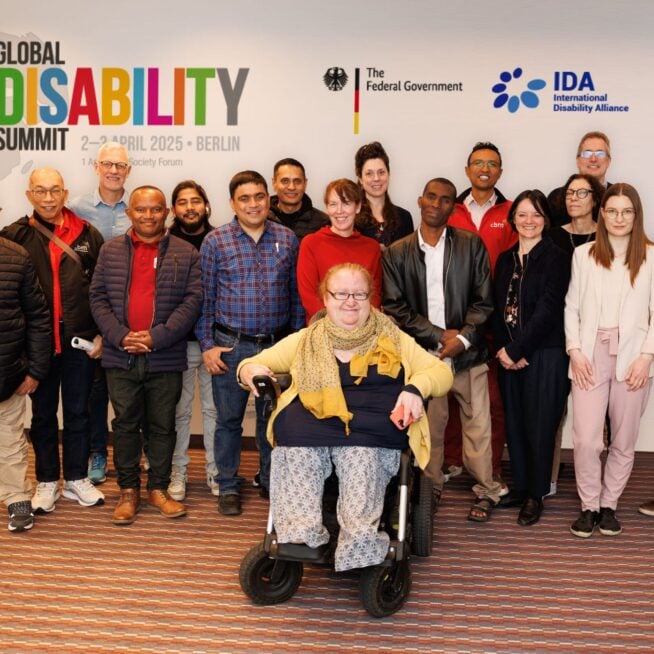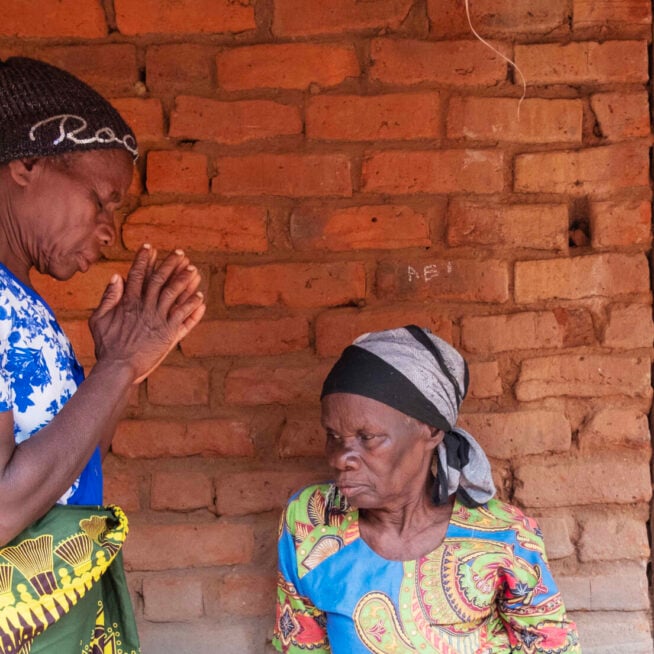With such a significant shift in UK politics following the landslide victory of the Labour Party, we are potentially entering into new territory with regards to how the UK Government interacts with the rest of the world.
Real change must promote a truly inclusive approach that Leaves No One Behind
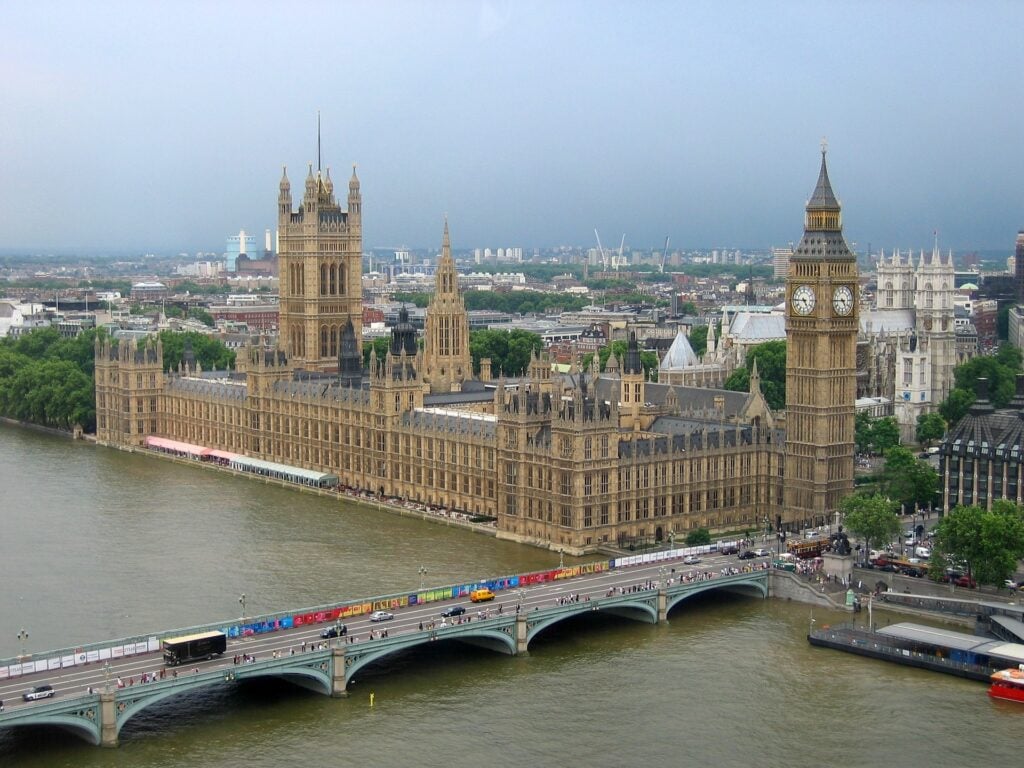
This interaction is primarily, but not exclusively, through the Foreign Commonwealth and Development office (FCDO). As David Lammy takes up his position as Foreign Secretary, and Anneliese Dodds her position as Minister for Development, we consider what must be prioritised in the coming months and years in international development to achieve a more equitable and inclusive world.
The Labour manifesto declares a mission statement “to create a world free from poverty on a liveable planet”. Underlying this is a desire to demonstrate leadership on the global agenda, be “a reliable partner, a dependable ally, and a good neighbour”, and to tackle global poverty and instability, whilst addressing the climate and nature crisis. September’s Summit for the Future, November’s Climate Conference and the Global Disability Summit in April next year will all be key moments in ensuring a renewed role for the UK across these issues.
To make an impact in each of these areas CBM UK hopes to see real change through prioritising and valuing the most marginalised – so that “No one is left behind”. Our vision is an inclusive world in which all persons with disabilities enjoy their human rights and achieve their full potential. To help achieve this, the new UK Government needs a clear focus, and must give the necessary funding to achieve the following:
1. Genuine inclusive partnership at a local level
CBM puts authentic partnership at the heart of what we do. The pledge by the Labour Party to take new approaches based on “genuine respect and partnership with the global South” is welcomed, but this must include those traditionally marginalised and recognition must also be made of the rights of people with disabilities and the valuable contribution they make within this.
Real change for people with disabilities means:
a) Inclusive approaches that encourage and demonstrate a clear commitment to meaningful engagement and collaboration across the whole of society.
b) People with disabilities and their representative organisations are not just consulted, but enjoy active and fully funded participation in design, implementation and monitoring of programmes and projects, which thoughtfully respect the priorities of local communities.
2. Ending poverty
This is the first pledge of the Sustainable Development Goals 2030 Agenda, and links to CBM’s mission “to end the cycle of poverty and disability”.
Real change will only come about when clear intentional action is taken to end poverty, because:
a) People with disabilities are more likely to live in poverty then their non-disabled peers, resulting in greater barriers and exclusion.
b) Progress on ending extreme poverty was undermined by the COVID-19 pandemic and is exacerbated by current humanitarian and climate crises around the world – all disproportionately affecting people with disabilities.
3. Tackling inequality
Linked to poverty is the fact that people with disabilities live in an unequal world. For most people with disabilities, stigma and discrimination, combined with a lack of opportunities, mean that their full participation in all areas of life is restricted. Children with disabilities are among the most likely to be out of school, and people with disabilities have higher rates of unemployment than anyone else, up to 80% in low-income countries.
Real change for the most marginalised will only happen if:
a) International development puts a focus on overcoming the barriers that prevent everyone from accessing what they need to fulfil their potential.
b) There is effective tracking of data to demonstrate where change is needed and when positive impact is made.
4. Inclusive climate action and humanitarian responses
People with disabilities, especially those living in poverty, are among those hardest hit by climate change and are four times more likely than those without disabilities to lose their lives because of natural disasters.
Real change will only happen when people with disabilities are:
a) Acknowledged as experts in understanding their context and identifying their needs and capabilities.
b) Recognised for the valuable role they can play in building innovative solutions to these most challenging issues of our time.
At CBM we believe that to bring about real change, the UK Government must adopt a fully inclusive approach that ensures no marginalised groups are left out or left behind. Doing this, we believe, benefits everyone.
How can you help?
We’ve made it easy for you to take action:
Download a prepared letter: We’ve drafted a message you can easily copy and paste.
Click here to view and download the letter.
